Develop regional security architecture: German diplomat
Experts call for abandoning Cold War-era zero-sum logic for regional ties
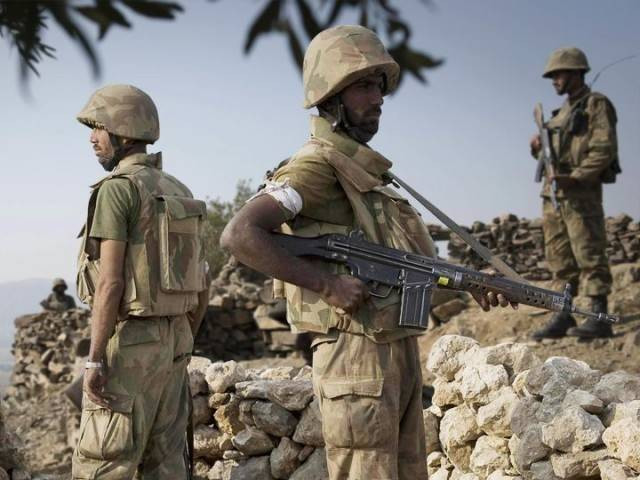
Experts call for abandoning Cold War-era zero-sum logic for regional ties. PHOTO: EXPRESS/FILE
This was suggested by a senior German diplomat on Monday during the inaugural session of the two-day national conference on ‘Regional Security and Foreign Policy in South, Central and West Asia’ which had been jointly organised by the Islamabad-based think tank Strategic Vision Institute (SVI) and German Foundation Konrad Adenauer Stiftung (KAS).
“Regional security architecture is desperately needed. There are different formats, but not all of them are working well as the last Heart of Asia meeting showed,” said Germany’s acting ambassador Dr Jens Jokisch.
The conference, attended by policy makers, academia, media representatives and students of international affairs, is aimed at analysing issues affecting peace and security in south and central Asia and the future trends which are likely to shape the security environment of the region. Dr Jokisch referred to the German example of working for the development of common security systems in Europe in the 1970s as an example in this regard.
He supported Pakistan’s outreach efforts to Iran and Afghanistan after recent border incidents and observed that the moves had helped reduce tensions on either border.
Referring to the megaprojects being built in the region such as the China-Pakistan Economic Corridor (CPEC), Dr Jokisch said that such projects can only succeed under a secure and stable political environment. This, he suggests, re-emphasises the need for a regional security structure.
He also urged giving up cold-war era ‘zero-sum’ logic in inter-state relations. This, he said, can happen through confidence building measures and would lead to win-win situations. He also stressed on the need for continued dialogue and the role of civil society in promoting long-term understanding between countries.
SVI President Dr Zafar Iqbal Cheema said Pakistan’s regional environment had assumed special significance particularly in view of converging interests of its three neighbours including India, Iran and Afghanistan as shown by their diplomatic and security exchanges.
Published in The Express Tribune, May 16th, 2017.

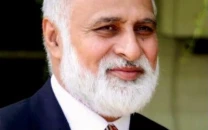
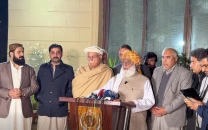


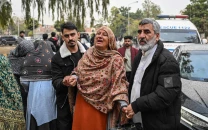
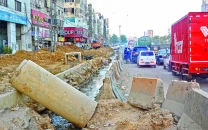












COMMENTS
Comments are moderated and generally will be posted if they are on-topic and not abusive.
For more information, please see our Comments FAQ